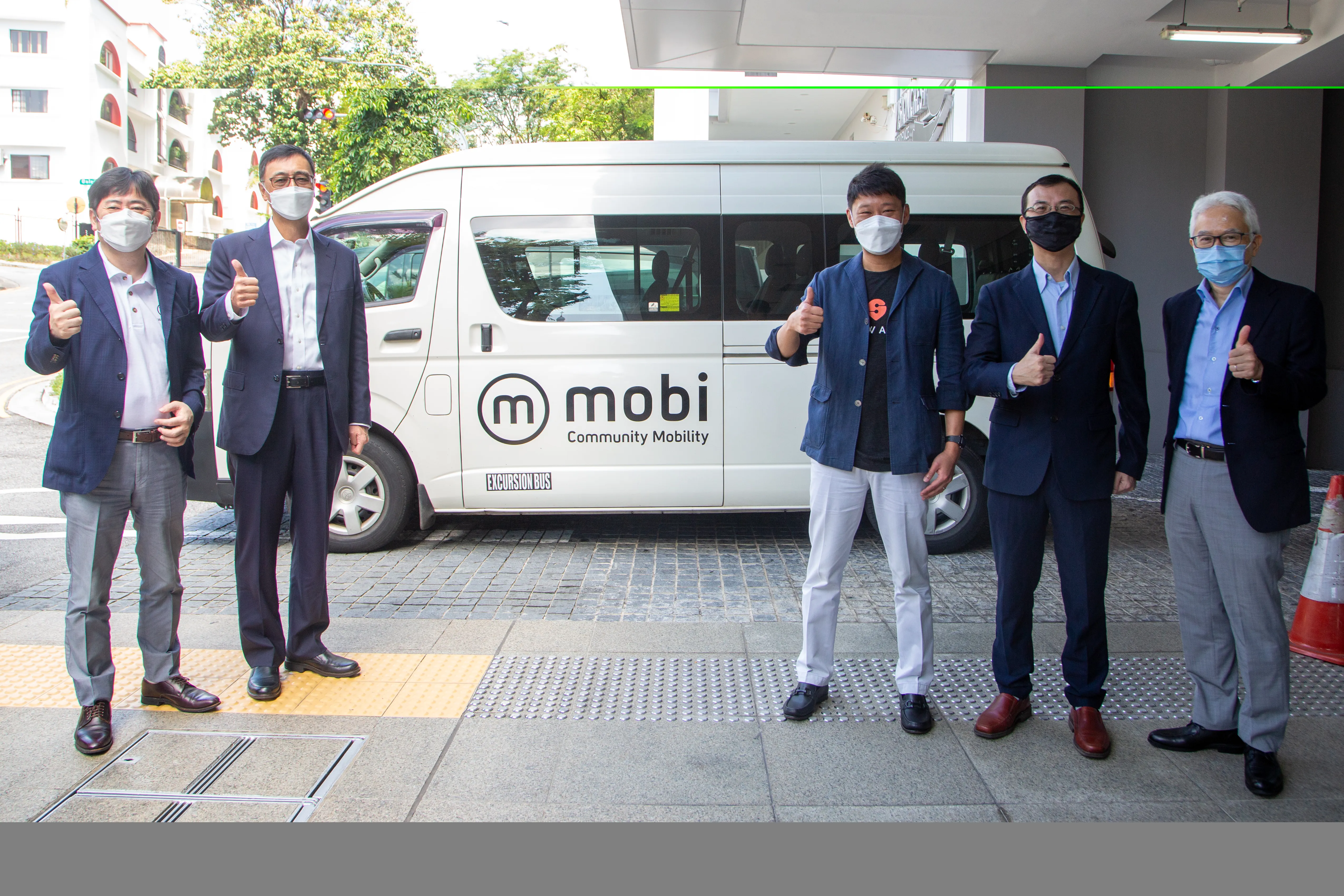Direct from ITS World Congress 2019
ITS can bring great benefits – but the industry must be mindful of the potential downsides too. That was the candid message from Khaw Boon Wan, Singapore’s minister for transport, at the Opening Ceremony of
“The upsides of ITS are compelling,” he said. “But while technology can transform society, it can also be divisive.”
For example, the growth of ride-hailing has brought advantages to many people, but has been disruptive for some; while new cybersecurity vulnerabilities can compromise public safety.
Governments cannot allow a tech divide to flourish, he went on: “We must be mindful that most people are not engineers or techies.”
What matters to the vast majority of the population is that public transport is fast, safe, reliable “and very importantly, affordable”. It must also contribute to people’s quality of life.
“Technology is but a means to achieve these political objectives – but it must be implemented wisely.”
Given that Singapore is “small and densely populated, we take transport planning very seriously”. This means exploring a wide range of platforms and taking “hard-headed decisions”. “We do not rush to be ahead of the curve, to be the first to deploy new-fangled technologies,” he added.
He concluded: “There is no one-size-fits-all for transport that transcends place and time.”
For example, what works for Copenhagen, venue of the previous World Congress, will not be what suits Singapore – and that what works today for Singapore itself “might not work in 10 years’ time”.










